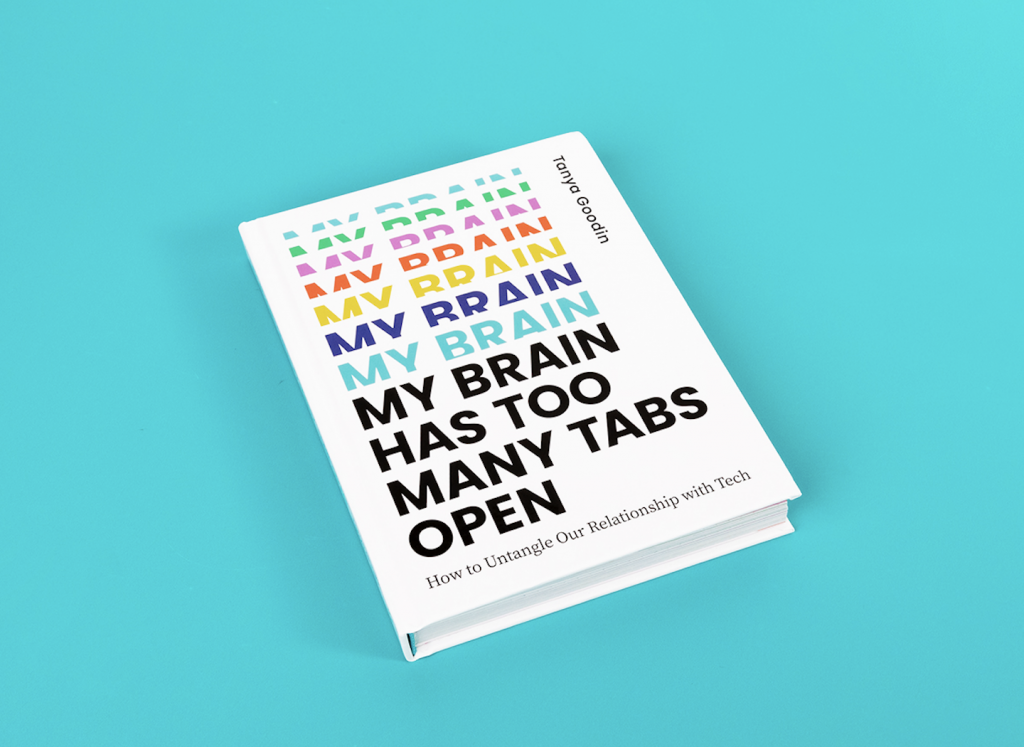The race to develop and monetise artificial intelligence (AI) is accelerating at a furious pace with ChatGPT and generative art models DALL-E and MidJourney, bringing the currently dazzling pace of AI development into sharp public focus. Big tech companies such as Google and OpenAI are currently investing heavily in research and development to gain the edge in a vastly lucrative artificial intelligence market. But what does a potential AI ‘arms race’ mean for society as a whole?
The global AI market is projected to reach $1394.30 billion in 2029, with growth driven by increasing demand for AI-powered solutions across a wide range of industries such as healthcare, finance, and retail. The main players (in the West) fighting for dominance currently are;
- Alphabet (Google) – owners of DeepMind – BERT, Transformer, AlphaGo, AlphaFold.
- Amazon – Lex (a business version of Alexa), Polly, Rekognition
- OpenAI – GPT-3, DALL-E, ChatGPT
- Meta – MetaMind, Insight, Codex, Quartz.
Google has invested heavily in AI research and development, with the Google Brain team leading the charge. The team is responsible for developing a range of AI products, including Google Assistant, Google Translate, and Google Photos. Google acquired market-leader DeepMind in 2014 to further bolster its AI capabilities. As of 2021, Google’s AI and Cloud computing business generated $16.9 billion in revenue.
Another key player is OpenAI, co-founded by Elon Musk, Sam Altman, and others. OpenAI has developed a number of breakthrough AI technologies, such as generative art model DALL-E and the recent internet sensation ChatGPT. In early 2023, building on the $1 billion invested in 2019, Microsoft invested a further $10 billion in OpenAI.
While both Google and OpenAI are at the forefront of AI research and development, they have different approaches. Google is focused on monetising its AI developments through the development of AI products and services for specific industries and applications. OpenAI say they are focused on advancing the state of the art in AI research, with the ultimate goal of ensuring that AI ‘benefits all of humanity’. However, with Microsoft now as defacto owner, it seem clear that a return on investment will be sought at some stage with ‘benefiting all of humanity’ almost certainly needing to take a back seat to ‘making a profit’.
The current rush to develop and monetise AI raises big concerns about the potential negative consequences of a technology which could lead to an AI arms race around the globe with countries, as well as companies, competing to develop the most advanced AI capabilities to keep ahead.
Who will be the real winners and losers in any AI arms race? Increasingly citizens globally can look forward to finding themselves living in algocracies where society is run by algorithms largely removing individual agency, autonomy and privacy. Black box financial services algorithms already refuse loans without explanation, criminal justice algorithms suggest sentencing and predict reoffending rates, based on biased historical data, recruitment processes dehumanise the experience of applying for a new job.
While limitless future riches beckon, an AI arms race will continue to escalate unchecked, unless consumers and citizens educate themselves on what is happening and call for change, and perhaps even a pause. Prompted in part by the evident lack of ethical considerations that went into the development of social media, there has been a growing call in recent years for a focus on ‘ethical AI’ which has as its goal developing AI responsibly and transparently, ensuring that it ultimately delivers benefits for society. The University of Cambridge’s Leverhulme Centre for the Future of Intelligence and the University of Oxford’s Institute for Ethics in AI are at the forefront of work in this area.
AI undoubtedly has the potential to bring significant benefits to society. DeepMind’s AlphaFold is a shining example of what it could do in health, but it also raises important ethical and societal concerns. As the AI market continues to grow, it will be important for all of us to keep informed on how the technology is being developed and deployed and to add our voices to calls that it really is developed in a way that benefits all of humanity, not just Big Tech’s profits.
Read more on living with new and emerging technologies

If you want to read more from me on living with technology in 2023 and beyond, pick up a copy of my latest book.

